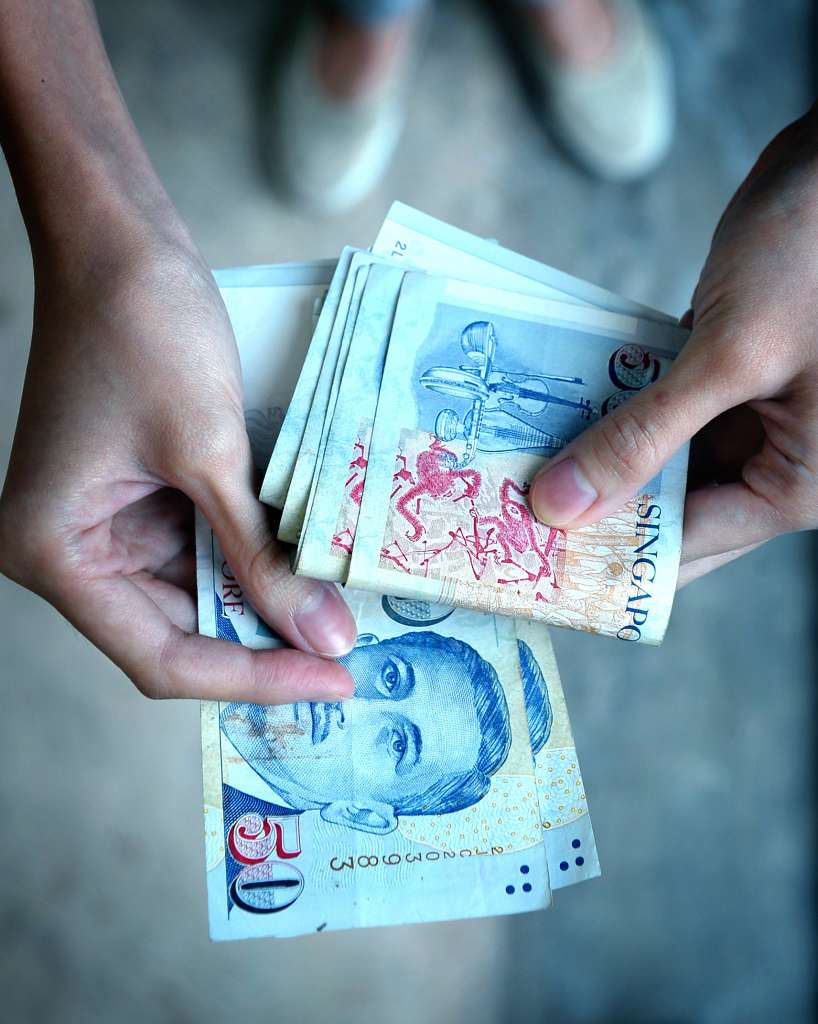Singapore's benchmark interest rate hits 4-month high on yuan devaluation
Sign up now: Get ST's newsletters delivered to your inbox

The devaluation of the Chinese yuan saw the Singapore dollar slide to a five-year low against the US dollar.
PHOTO: ST FILE
Yasmine Yahya
Follow topic:
SINGAPORE (Reuters) - Singapore's benchmark three-month interest rate rose to a four-month high on Wednesday, after the Singapore dollar slid to a five-year low against the US dollar, following the devaluation of the Chinese yuan.
The three-month Singapore interbank offered rate (Sibor), which is used to set interest rates on mortgages, rose to 0.9345 per cent, its highest level since April 16.
Three-month Sibor rose 5.5 basis points from Tuesday's levels, the biggest one-day rise since early January.
A softer Singapore dollar can put upward pressure on local interest rates as investors seek higher yields as compensation for holding the weakening currency.
The Singapore dollar fell to as low as 1.4155 versus the US dollar on Wednesday morning, the lowest level for the Republic's currency since June 2010.
The Singapore dollar has come under pressure after China shocked global markets on Tuesday by devaluing the yuan, which weakened further on Wednesday.
The Singapore dollar closely tracks the yuan as traders and analysts believe it is included in the undisclosed currency basket used by the Monetary Authority of Singapore to manage monetary policy.
Singapore's monetary policy is focused on managing the exchange rate, rather than interest rates, due to the trade-reliant nature of the Republic's economy.

